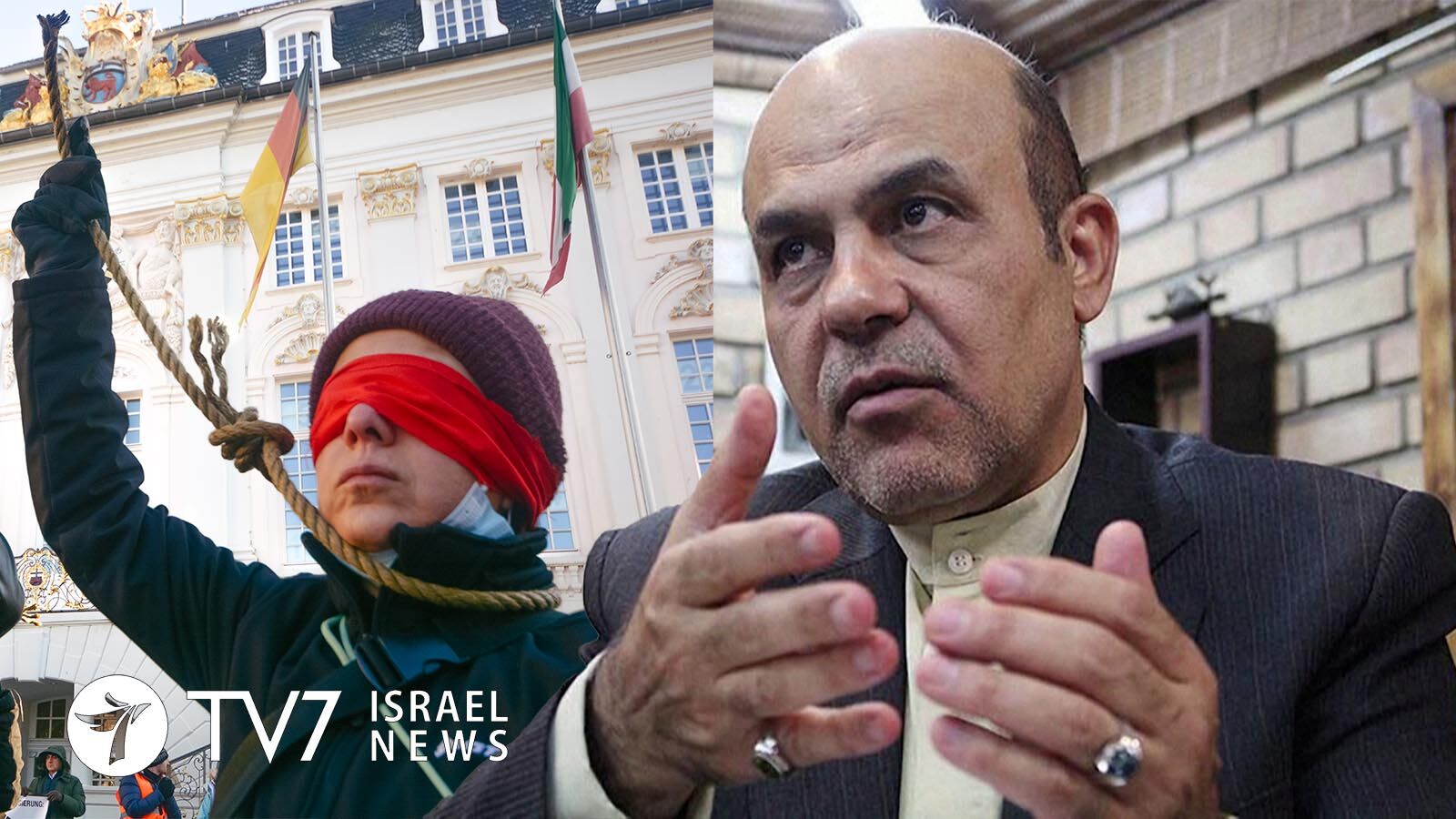The hanging of the once-prominent politician Alireza Akbari drew widespread condemnation, further straining ties with the West.
By Erin Viner
Iranian state media announced the execution of the 61-year-old dual British-Iranian national without revealing when it had taken place.
Akbari fought during the Iran-Iraq war (1980s) as a member of the Islamic Revolutionary Guards Corps (IRGC). He served as Iranian Deputy Defense Minister (2000-2005) as a close ally of then Defense Minister General Ali Shamkhani (1997-2005). Shamkhani currently serves as Secretary of the Islamic Republic’s Supreme National Security Council.
Following a first arrest in 2009, Akbari left the country but returned a decade later – due to what his brother Mehdi told the BBC Persian outlet had been an invitation from Shamkhani. He was rearrested and sentenced to death in 2019 on charges he committed espionage for the United Kingdom’s MI6 intelligence agency.
Iranian state media broadcast a video last Thursday which they insisted showed he had played a role in the 2020 assassination of Iran’s top nuclear scientist, Dr. Mohsen Fakhrizadeh, killed in an attack outside Tehran which authorities blamed at the time on Israel.
BBC Persian aired a purported recording of Akbari last Friday saying he had been forced to give false confessions due to torture, allegations to which the Iranian authorities have not responded.
“With more than 3,500 hours of torture, psychedelic drugs, and physiological and psychological pressure methods, they took away my will. They drove me to the brink of madness… and forced me to make false confessions by force of arms and death threats,” he said.
Saying he was “appalled by the execution, British Prime Minister Rishi Sunak called it “a callous and cowardly act carried out by a barbaric regime with no respect for the human rights of their own people.”
British Foreign Minister James Cleverly, who previously called on Iran to not follow carry out the death sentence in the “politically motivated” case, summoned the Iranian Charge d’Affaires, imposed sanctions on Iran’s Prosecutor General, and temporarily withdrawn the UK ambassador from Tehran for further consultations.
“This will not stand unchallenged, warned London’s top diplomat.
Iran’s Foreign Ministry reciprocated by summoning the British ambassador over what it called London’s “meddling in Iran’s national security realm,” reported the state-run Islamic Republic News Agency (IRNA).
Akbari’s death was announced just days after a British minister said the UK is actively considering designation of the IRGC as a terrorist organization.
Following news of the execution, the Sunday Telegraph reported that the UK is reconsidering its support of waning efforts to revive the 2015 Joint Comprehensive Plan of Action (JCPOA) nuclear deal with Iran. “During the time we have been dealing with it, the landscape and proposition has completely changed – largely because of the behavior of the Iranian regime,” the paper cited an unidentified senior British official as saying.
The United States and France, which had also been involved in talks to restart the JCPOA, also condemned Akbari’s execution.
The US State Department described the execution as politically motivated and unjust, while Washington’s ambassador to London called it “appalling and sickening.”
French President Emmanuel Macron issued a message on Twitter, reading, “”The execution of Alireza Akbari is a despicable and barbaric act. His name adds to too long a list of victims of repression and the death penalty in Iran. Solidarity with the UK. Solidarity with the Iranian people.”
The Amnesty International human rights organization said the execution displayed yet again Tehran’s “abhorrent assault on the right to life,” and that “it is particularly horrific given the violations he [Akhbari] revealed he was subjected to in prison.”
Iran’s ties with the West have been increasingly strained over a number of factors: the Ayatollah regime’s support for Russia – including armed drones – in Ukraine; as well as its ongoing brutal crackdown on mass anti-government demonstrations sparked by the September 2022 death of Mahsa Amini in custody and and use of the death penalty against protestors.
